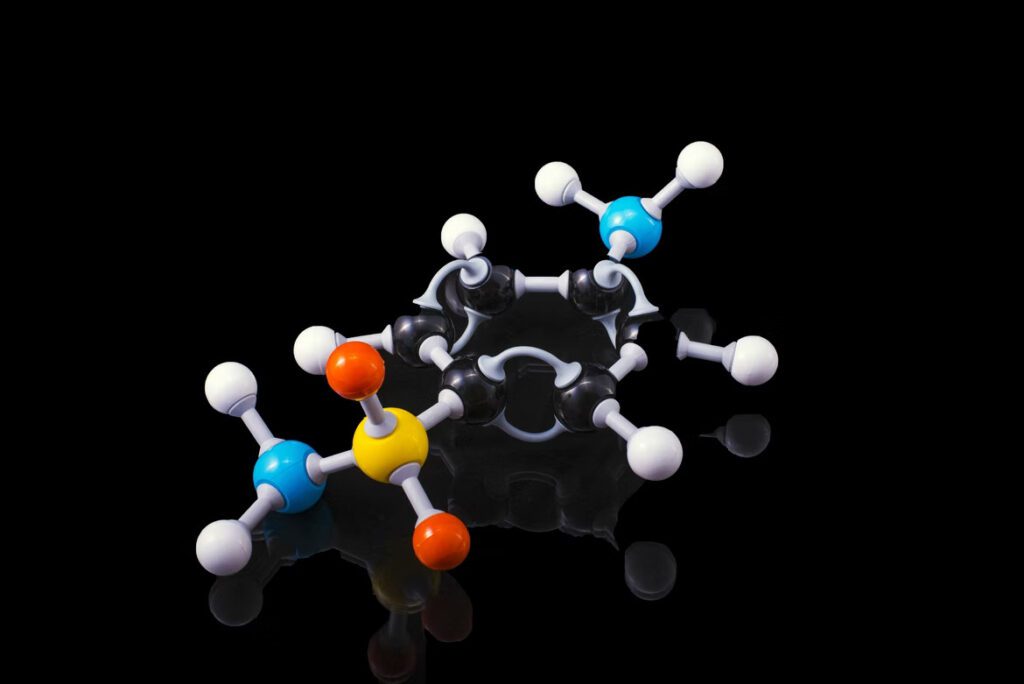We can support the development of biotechnology that reduces the environmental footprint of chemical manufacturing by correctly defining sustainable chemistry, states the Biotechnology Innovation Organization (BIO) in recent comments to the Office of Science and Technology Policy (OSTP).
How should we define sustainable chemistry?
To aid in the development of “sustainable chemistry,” OSTP sought expert advice on the best way to define the concept.
“BIO members utilize a range of processes to produce results that are more sustainable than past practices,” said BIO’s comments. “The adoption of biotechnology in agriculture and industry…has already contributed to food security, sustainability, and climate change solutions.”
The definition should be wide enough to encompass a variety of procedures while also encouraging new ideas. “We propose that the adopted definition is not overly prescriptive,” says BIO. “By offering a broader definition it will not foreclose processes which may be currently un- or under-developed.”
An all-encompassing definition of ‘sustainable chemistry’
The definition should also include innovative biotech technologies, and it should be wider than the present Renewable Fuel Standard, to encompass the conversion of waste carbon resources by processes such as carbon recycling via biological methods.
Climate change and the classification of new chemicals identified by the biotech sector are priority issues, along with things such as more sustainable plastic bags and fast fashion.
BIO also suggests ways to encourage the development of sustainable chemistry, such as “incentives to scale-up and commercialize innovative sustainable chemistry” and financing for pilot initiatives to speed commercial market growth.




